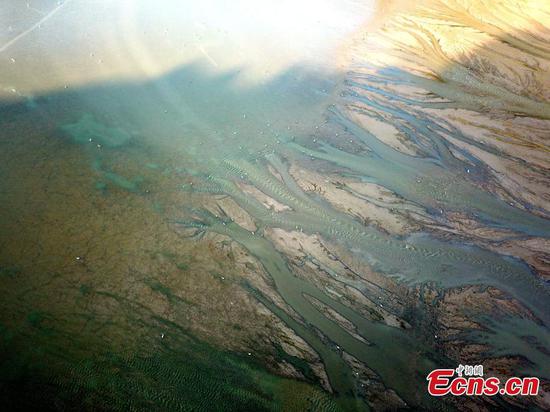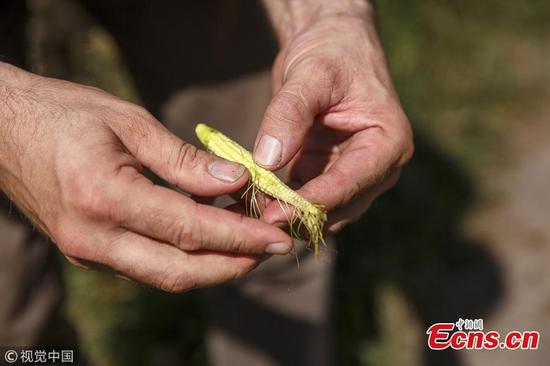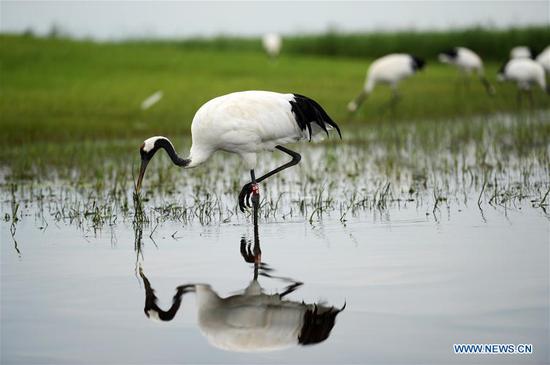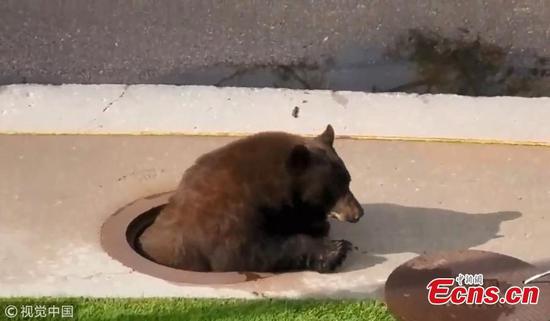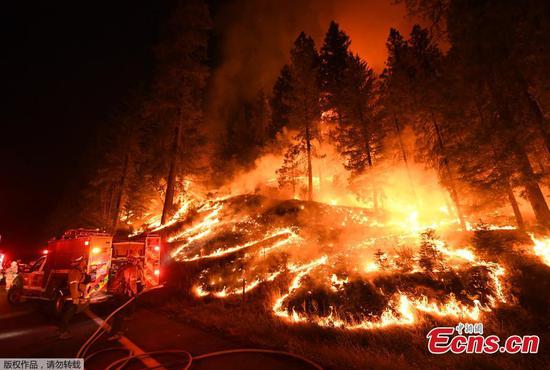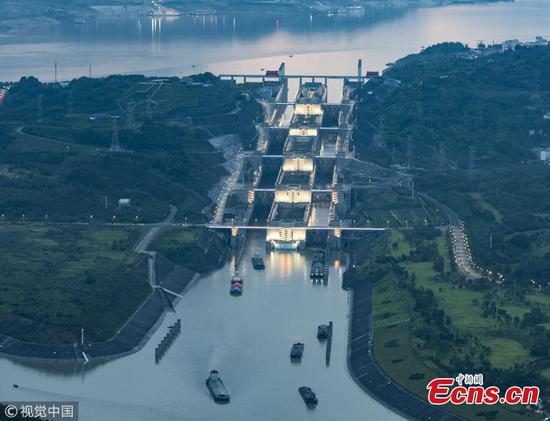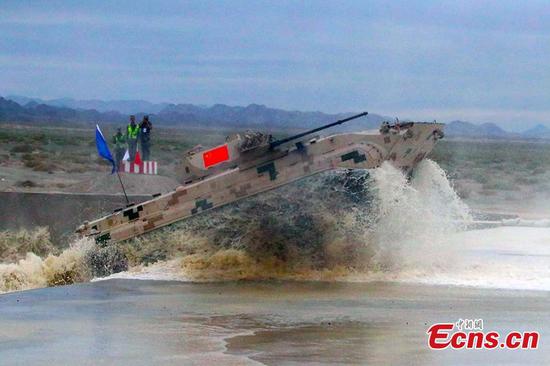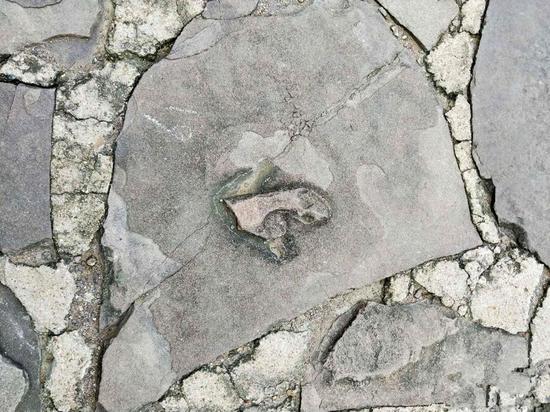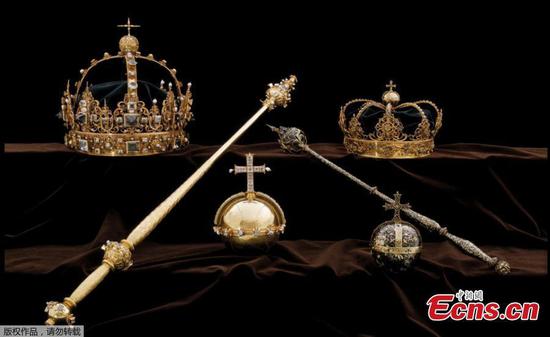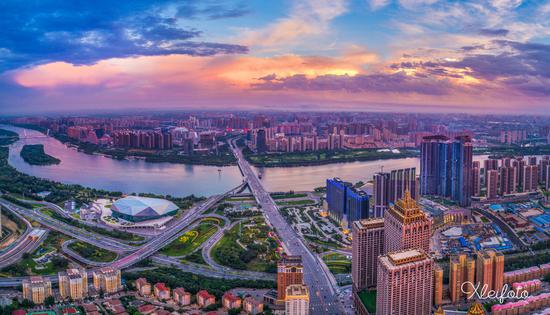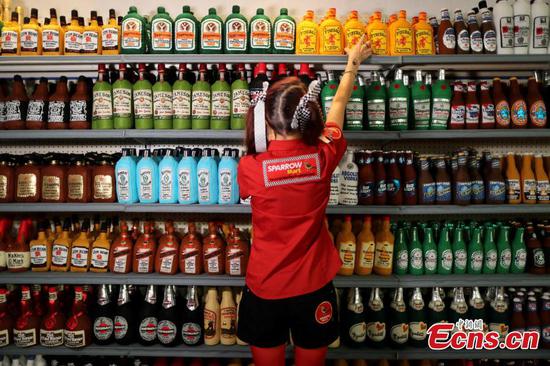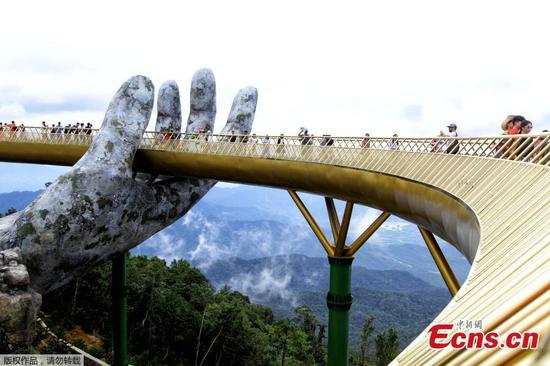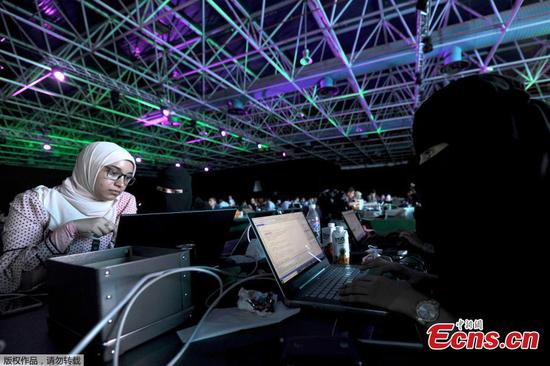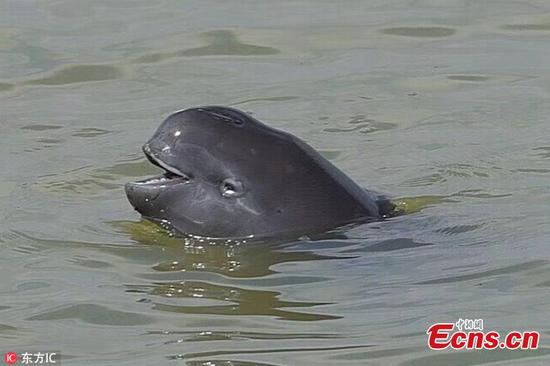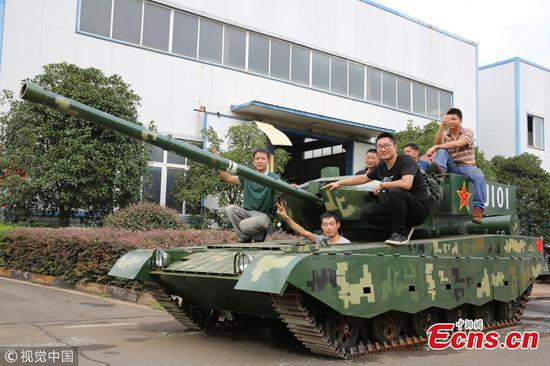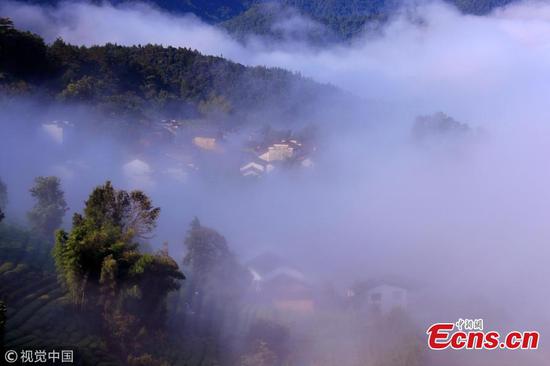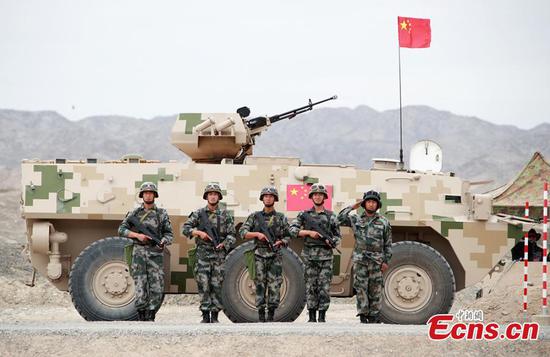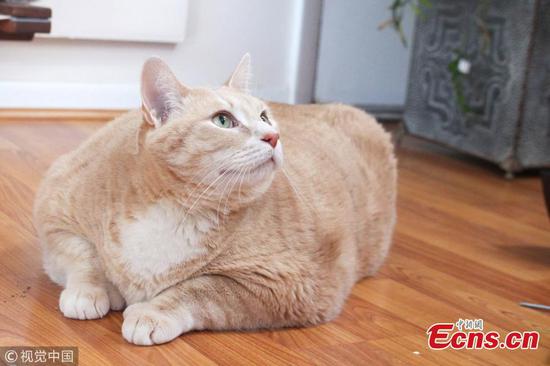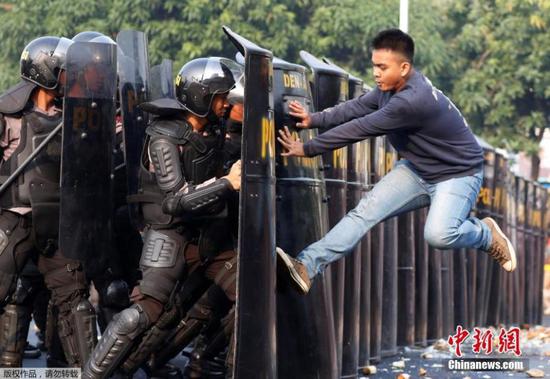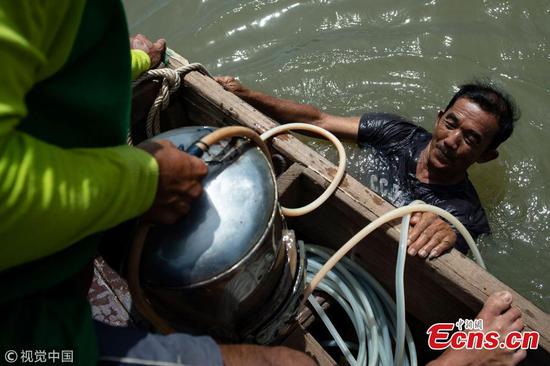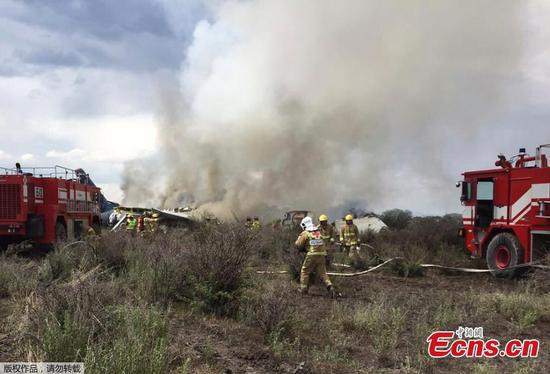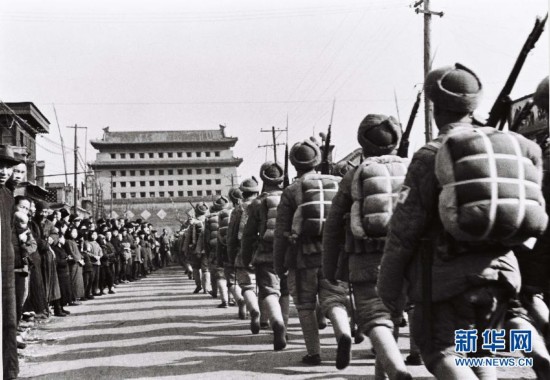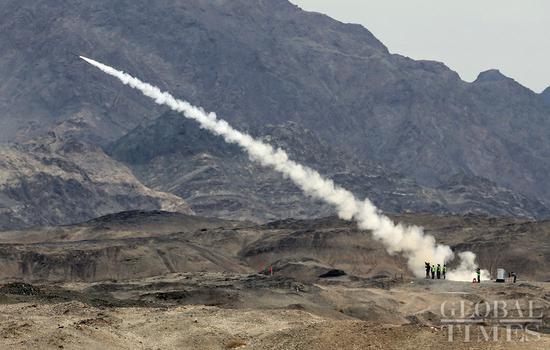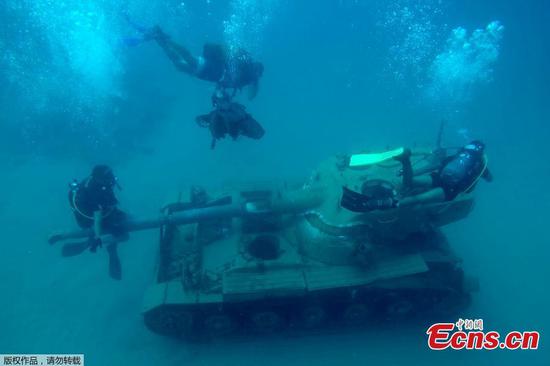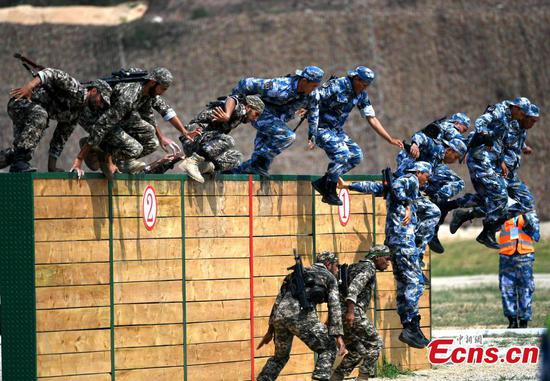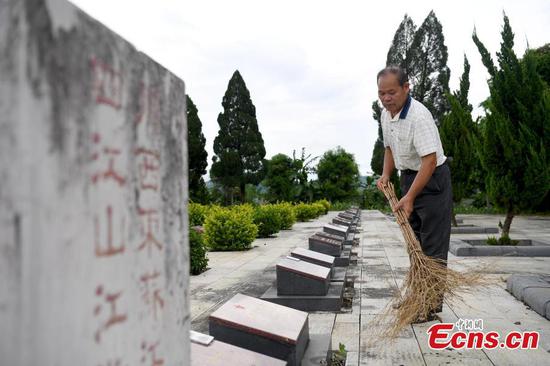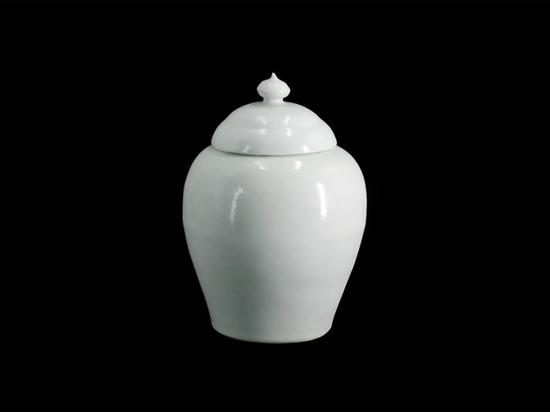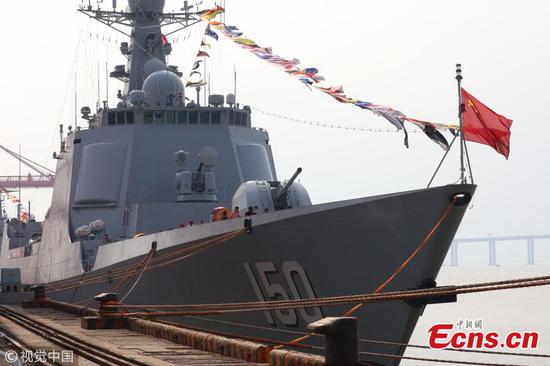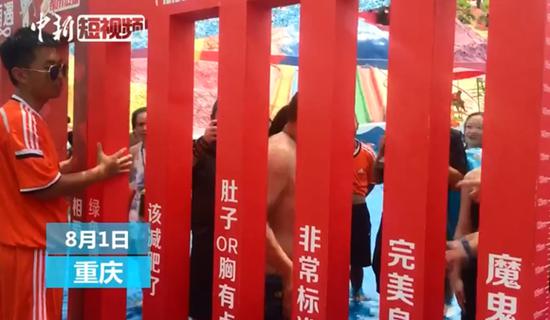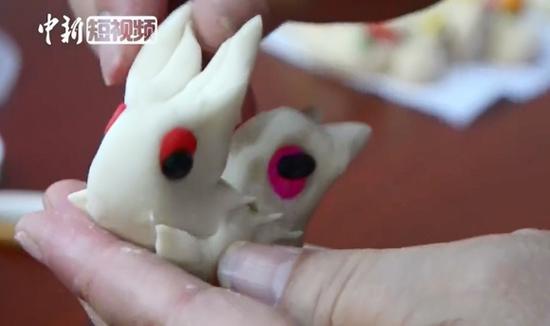The leaders of European Union (EU) and the United States agreed last week to start trade talks towards zero tariffs, barriers and subsidies on non-auto industrial goods, diffusing lingering trade tensions.
The EU pledged to expand soybeans imports and liquefied natural gas (LNG) from the United States, which was sold by U.S. President Donald Trump as a success. The United States agreed to hold off on tariffs on cars and auto parts from the EU, which was hailed by European Commission President Jean-Claude Juncker as a "major progress".
However, with the details of the deal being "vague" and the U.S. tariff threats on EU cars remaining, experts believe the deal is more a "political show" and the future trade talks between Brussels and Washington are still full of uncertainties.
AGRICULTURAL DEAL?
The EU's commitment to buy more soybeans from the United States allowed Trump to claim victory ahead of November's mid-term election.
"We just opened up Europe for you farmers. You're not going to be too angry with Trump, I can tell you... you have just gotten yourself one big market that really essentially never existed," Trump said in the farming state of Iowa on Thursday last week.
"European Union representatives told me that they would start buying soybeans from our great farmers immediately. Also, they will be buying vast amounts of LNG!" Trump wrote on Twitter.
However, European Commission spokeswoman Mina Andreeva told reporters on Friday last week in Brussels that agriculture is out of the scope of U.S.-EU discussions.
In the July 25 joint statement following Juncker's Washington visit, one can see a mention of farmers and a mention of soybeans, which would be a part of the discussions, but one doesn't see the word "agriculture" mentioned in the statement, experts say.
"The promise to buy more U.S. agricultural products is both empty and easy to fulfill," said Daniel Gros, director of the Brussels-based think tank Center for European Policy Studies (CEPS).
"Empty because the Commission does not have any means to get EU importers to buy more U.S. Soybeans," Gros added in a written interview with Xinhua.
Though the latest EU statistics issued on Aug. 1 showed that the EU had an increase of 283 percent in imports of soybeans from the U.S., bringing the EU's total share of imports of U.S. soybeans to 37 percent, up from 9 percent one year ago, experts believe that the situation is driven by market conditions, not political intent.
It's "easy to fulfil the promise because other producers of Soybeans will switch their exports to the Chinese market, freeing the EU market for U.S. producers," said Gros.
AUTO TARIFF THREATS
Juncker said that EU's commitment to buy more soybeans had helped to convince Trump to call a truce on the tit-for-tat trade dispute. He told reporters that "our American friends agreed not to increase tariffs on cars and other products during the negotiation" is a "major progress" and "a major concession" by the Americans.
However, Phil Levy, a senior fellow at the Chicago Council on Global Affairs told POLITICO that this deal won't stop the president from going ahead with auto tariffs in late-August or early September.
Bernd Lang, chair of the European Parliament's international trade committee, said it was "very regrettable" that the U.S. threat of punitive tariffs on metals and cars remains, which is not a "good basis for concrete negotiations".
"This threat on EU car exports remains, obviously. Trump wants to use it as a bargaining chip," said Gros. "Maybe the EU could diffuse this threat by offering to limit its exports in a VER (voluntary export restrictions)," he added.
The EU also agreed to work towards purchasing U.S. liquefied natural gas (LNG), a promise which according to some analysts is also believed to be "empty".
"I believe there were very few actual concessions. LNG purchase will only take place if market terms are right," said Hosuk Lee-Makiyama, director of the European Centre for International Political Economy in Brussels.
In terms of prices, U.S. LNG can't compete with pipeline-delivered natural gas from Russia, energy consultants and analysts say.
FUTURE UNCERTAINTIES
The fact is that Brussels and Washington have only agreed to begin talks, and the future talks are full of uncertainties, analysts say.
French President Emmanuel Macron said last week in Madrid that he was "not in favor" of a "vast new trade deal" between the EU and the United States.
He reaffirmed his opposition to including agriculture in any such trade deal.
"I believe that no European standard should be suppressed or lowered in the areas of the environment, health or food, for example," he said.
Spanish Prime Minister Pedro Sanchez also said though the Europe wants no trade war but he was determined to defend the EU's common agricultural policy.
"These negotiations will be very difficult. If Congrès does not agree, there will be no agreement," Gros said.









